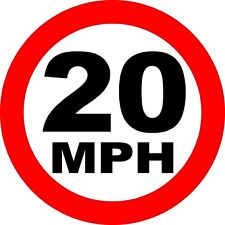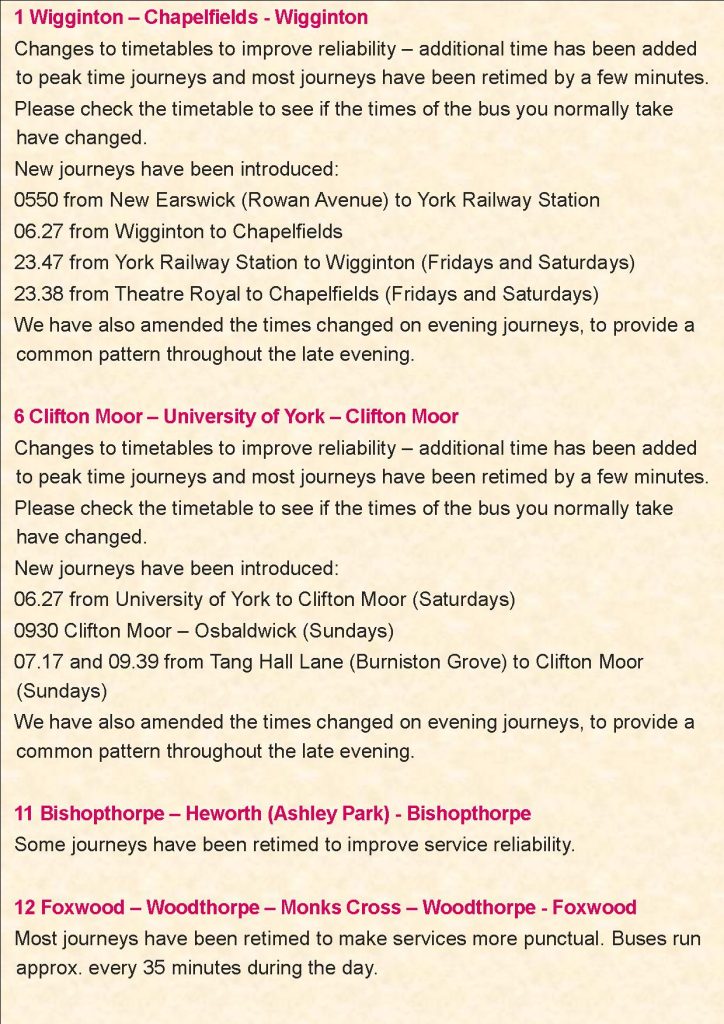A new EU regulation says that all new cars must have integrated breathalysers and speed-limiters by 2022. Existing models sold after 2024 must also have this updated safety technology. The British Government has confirmed the standards will apply in the United Kingdom, despite Brexit.

The plan may reopen the debate in York about what is the most appropriate default speed limit. The general 20 mph limit, introduced by Labour 6 years ago, is widely ignored with the Police – rightly – choosing currently to deploy their limited resources to known accident risk locations.
The plan includes several new mandatory safety features including ‘Intelligent Speed Assistance’ (ISA) software, which stops drivers from going above speed limits, slowing speeding vehicles, and another feature that detects when you’re falling asleep, drifting over lanes, or losing concentration.
The speed-limiter software uses GPS data and speed limits from local traffic cameras, displaying the limits on your car’s dashboard.
If you go above the limit, the system reduces your car’s speed and, although you can override the system by pressing harder on the accelerator, if you continue to speed your car will sound an alert, like a seatbelt alarm.
Many of these features are already available on high specification cars in the UK.
In-car breathalysers are common in Australia and the United States, where they’re known more often as ‘alcohol interlock devices’, or ‘alcolocks’. Fitted onto the dashboard, the breathalyser needs a clean breath sample before the car’s engine will start. If the driver doesn’t pass the test, they must wait a certain amount of time before they can re-test. In-built chips can let the police know when a driver fails a test or if someone has tampered with the machine
Further details can be found via this link


